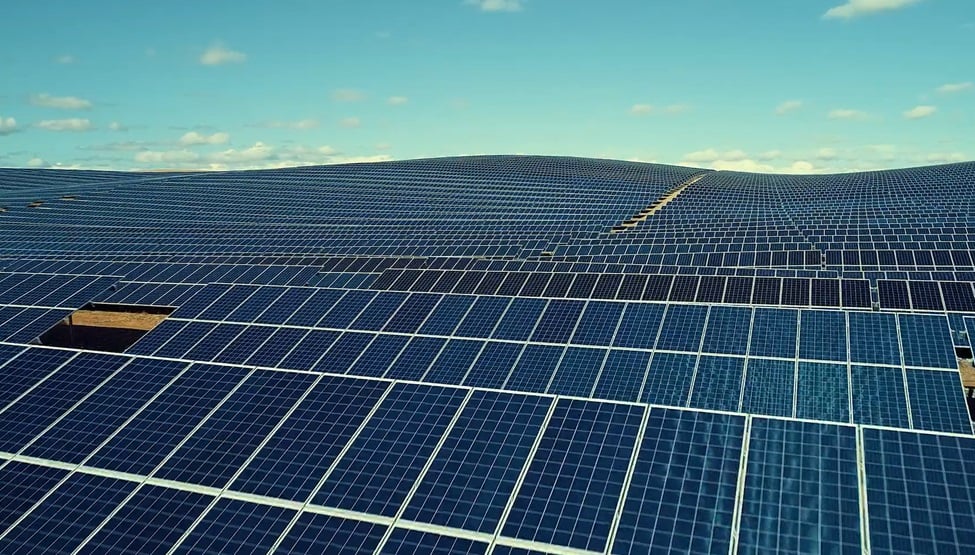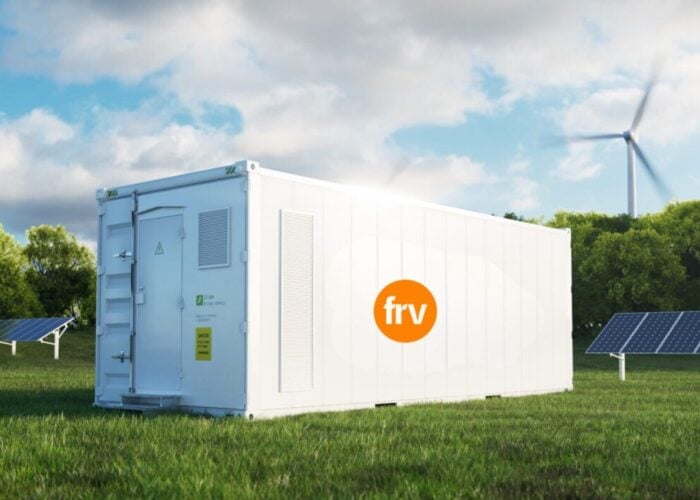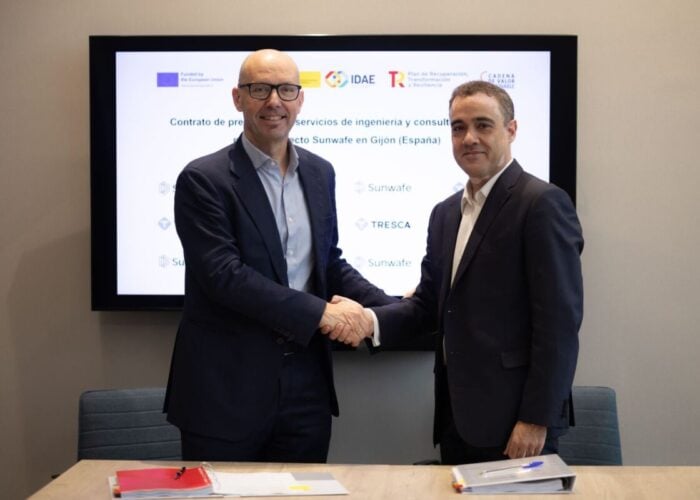
The European Union (EU) should set higher solar PV deployment targets and speed up the energy transition to phase out its energy dependency on Russia as soon as possible, according to five member states of the bloc.
At least 1TW of PV should be installed in the EU by 2030, the energy ministers of Austria, Belgium, Lithuania, Luxembourg and Spain said in a letter sent this week to the EU’s climate policy chief Frans Timmermans and the European Commissioner for Energy Kadri Simson.
Try Premium for just $1
- Full premium access for the first month at only $1
- Converts to an annual rate after 30 days unless cancelled
- Cancel anytime during the trial period
Premium Benefits
- Expert industry analysis and interviews
- Digital access to PV Tech Power journal
- Exclusive event discounts
Or get the full Premium subscription right away
Or continue reading this article for free
“Every photovoltaic panel reduces immediately and directly our energy dependence from Russia,” the ministers said in the letter, adding that solar’s accelerated rollout reduces exposure to high energy prices and creates local jobs while reducing greenhouse gas emissions.
They called for rooftop PV to “be the norm” for newly built houses, arguing that mandatory solar rooftops on public buildings, supermarkets and industrial areas should be required through EU legislation.
Given that EU member states are on track to exceed the solar deployment targets included in their National Energy and Climate Plans, the letter said it will be possible to increase these objectives in light of the changed geopolitical situation “and to unlock solar energy’s potential as a major renewable energy source” on roofs or facades of buildings.
The proposed target of 1TW by 2030 would see the EU’s solar capacity increase more than six-fold on 2021, when the bloc’s solar fleet totalled 165GW.
Russia’s invasion of Ukraine has heightened efforts to speed up renewables deployment across Europe, perhaps most notably in Germany, where the coalition government recently raised the country’s 2030 solar install target to 215GW, up from the previous 200GW aim.
The European Commission (EC) announced in March it will simplify renewables permitting as it unveiled the REPowerEU strategy, which will see the EU reduce demand for Russian gas by two-thirds by the end of the year.
The signatories to this week’s letter called for an EU Solar Act within the EC’s expected REPowerEU update later this month. Such an act, they said, should include a dedicated support mechanism aimed at scaling up European solar manufacturing capacities as they urged the EC to set a goal for 75% of deployed PV capacities to be produced within the EU by 2030.
“Without properly addressing current challenges and market failures of European PV manufacturing, the EU is at risk of turning dependence on Russian oil and gas into an increasing long-term dependence on raw materials and PV hardware imports from China,” the letter reads.
In order to incentivise a more rapid rollout, the signatories said the EU needs to make the best and cost-efficient use of all financial instruments to finance the deployment of solar, including state credit guarantees to unlock capital for the PV manufacturing.
They also called on the EC to provide enhanced assistance to member states to fully exploit the potential of involving citizens in the energy system as self-consumers and renewable energy communities.
The requests are in line with several proposals from SolarPower Europe (SPE), which earlier this year issued a list of eight actions that will help Europe accelerate solar deployment to reach 1TW by 2030.
The trade body’s CEO, Walburga Hemetsberger, said Austria, Belgium, Lithuania, Luxembourg and Spain “are leading the way” to the European solar terawatt age, adding: “Higher solar ambition will support EU energy independence, shield Europeans from energy price hikes, create millions of green jobs and massively contribute to our climate goals.”






